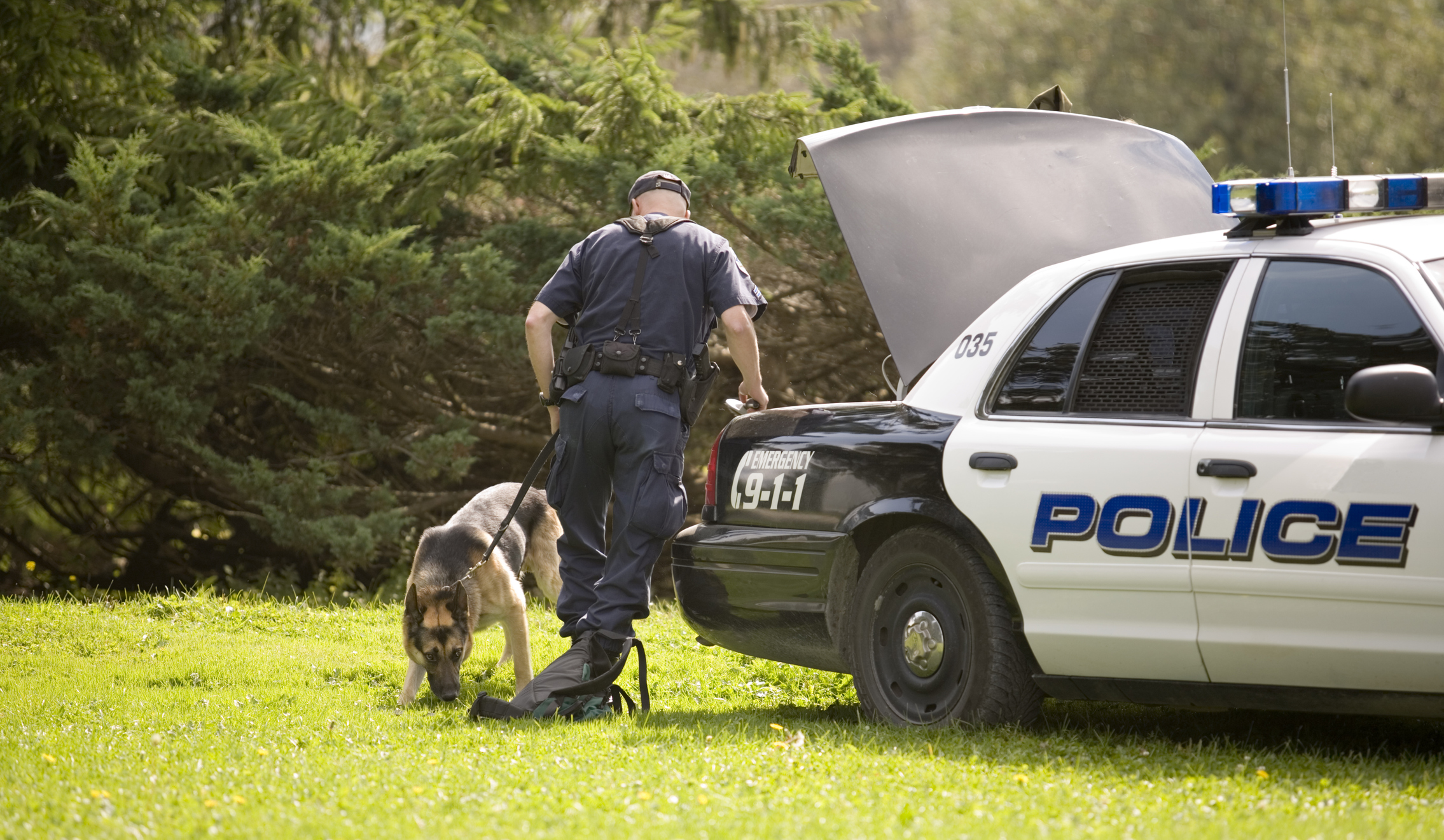Understanding the search and seizure laws may help people protect themselves and their rights. Throughout criminal investigations, the authorities pursue evidence to help them solve and support their cases. The Fourth Amendment of the U.S. Constitution protects citizens and limits law enforcement’s authority in conducting searches to obtain evidence.

How Does the Fourth Amendment Protect People?
The Fourth Amendment provides the rules for the governance of searches and seizures by law enforcement, protecting citizens’ privacy rights. Holding that people should have security in their persons, homes, and effects, the amendment prohibits the authorities from conducting unreasonable searches or seizures against those accused of a crime. Therefore, except in certain circumstances, law enforcement must have a warrant to conduct a search of someone’s person or property. For the issuance of such warrants, the authorities typically need probable cause, a description of the place they intend to search, and the things or persons they intend to seize or arrest.
When Does the Fourth Amendment Not Apply?
The Fourth Amendment does not apply unless there is an objectively reasonable expectation of privacy. To determine whether an expectation of privacy exists, the court may consider factors such as whether the person searched expected privacy and whether another reasonable person would have the same expectation. Further, the protections of the Fourth Amendment may not extend to items or locations in plain view. For example, law enforcement conducts a routine traffic stop and while talking to the driver, the officer sees a firearm on the passenger seat. While the driver may consider the inside of his or her vehicle a private space, since the weapon was in plain view no search was conducted and its seizure for reasonable cause would not fall under the purview of the Fourth Amendment.
When Are Searches and Seizures Illegal?
Under the Fourth Amendment, law enforcement cannot perform unreasonable searches or seizures. Unreasonable searches or seizures include those actions taken without a warrant or the presence of extenuating circumstances that allow for a search without a warrant. For instance, a man uses a public restroom at a restaurant. He may have a reasonable belief that no one will spy on him while he is in the restroom. Thus, law enforcement placing a camera in the restroom for recording suspected illegal activity may qualify as an illegal search.
What Happens If Law Enforcement Violates the Fourth Amendment?
If law enforcement violates people’s rights under the Fourth Amendment, citizens may have avenues for recourse. An illegal search or seizure does not necessarily mean that the authorities will dismiss the case against the person accused of a crime. Under the exclusionary rule, however, the court may find that the prosecution cannot use the evidence seized due to an unreasonable search against the defendant at trial. In addition to the evidence directly produced from an illegal search, the court may rule evidence derived from the initial discoveries as inadmissible under the fruit of the poisonous tree doctrine. In cases when the officers who performed the search willfully engaged in unreasonable conduct, people may take civil action to seek compensatory damages.
Leave a Reply